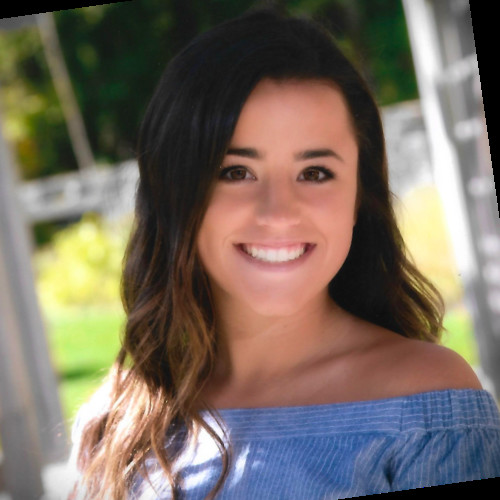Live Poster Session: Zoom Link
Abstract: Despite evidence suggesting that nature is beneficial for health and cognitive function in both adults and children, the specific relationships among children’s experiences in nature and their executive functioning and well-being outcomes remain ambiguous. The purpose of the current study is to a) assess the relationships among children’s experiences in nature and their executive functioning and well-being outcomes and b) pilot two novel methodologies for assessing these relationships. Study 1 (N = 92, 8-12 years old, M=9.90) used a combined survey including measures of children’s executive functioning, well-being, and experiences in nature to assess the relationships among the variables. The goal of Study 1 was to help clarify existing research between these variables and explore ways in which nature is currently conceptualized and measured. Correlations among all measures were performed. There was a strong positive correlation between: child-reported well-being and attitudes toward nature, between the three nature measures (subjective experiences in nature), and between specific measures of executive functioning and well-being. There were no relationships observed among executive functioning and the nature measures. Study 2 (N = 9, 8-11 years old, M = 9.89) piloted two exploratory methodologies, experience sampling methodology and GPS mobility tracking, to explore additional elements of children’s typical and nuanced nature experiences. Study 2 presents preliminary evidence for the efficacy and utility of both methodologies for understanding different characteristics of children’s nature experiences.
Claudia_Masters_2022

